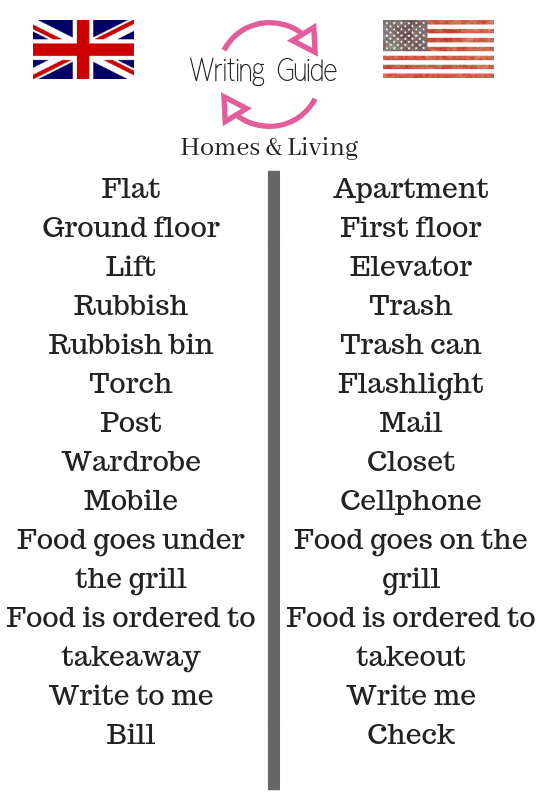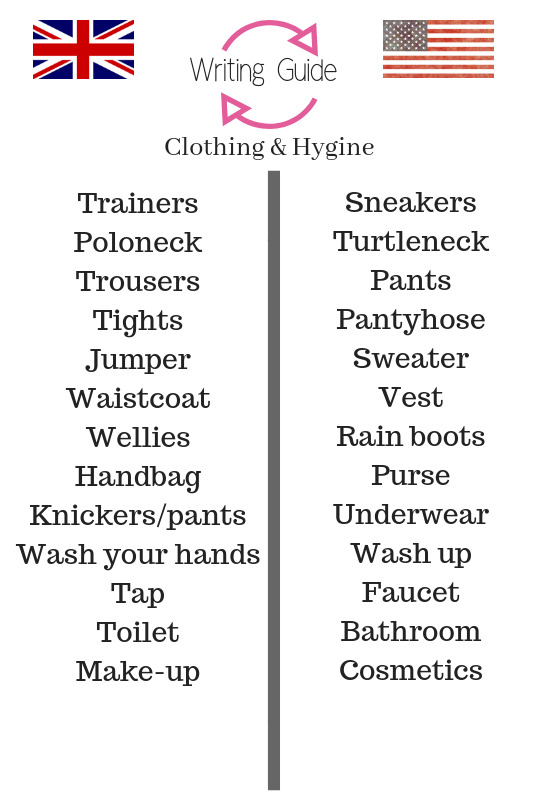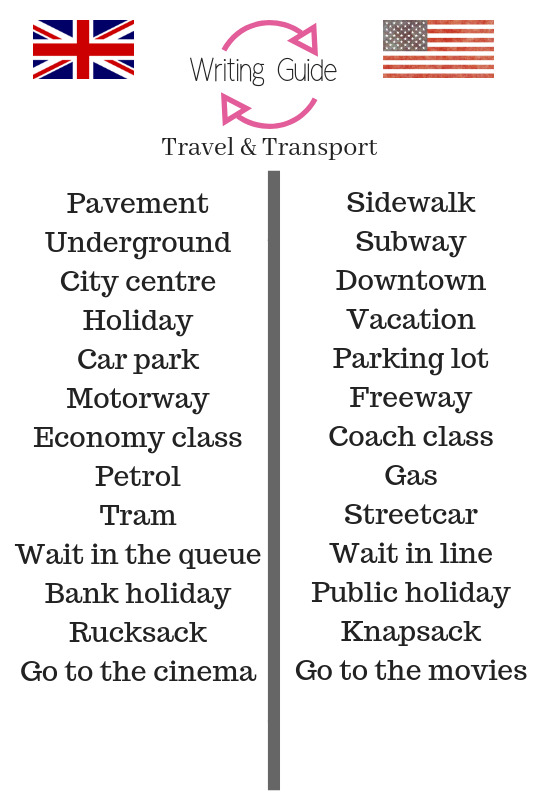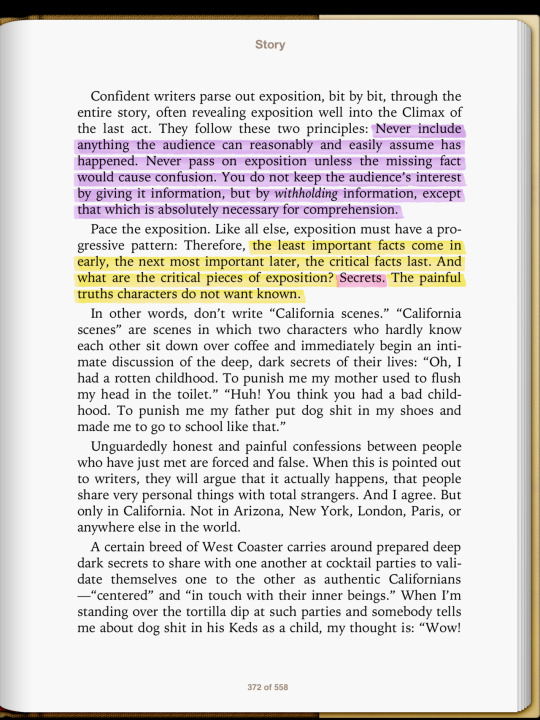Link
Really great in-depth essay on the British accents you can hear in Sherlock.
Some fascinating stuff on how our favourite people speak.
72 notes
·
View notes
Text
British clothes: Good Omens Edition.

#britpick#fandom#fanfic#british#britpicking#clothes#good omens#ineffablequestion#it's ineffable#ineffable husbands#aziraphale#fanart#good omens fanart#more is coming#men in underwear
20 notes
·
View notes
Text
British clothes. Sherlock edition: Men 2/2



My tags are random people I can remember in the moment and think might like this @inevitably-johnlocked @silentauroriamthereal @hpswl-cumbercookie Please suggest more.
#britpick#fanfic#british#britpicking#sherlock#fandom#johnlock#a03 johnlock#men in underwear#i just couldn't help it#clothes#british english#tee hee#men in lacy underwear are hot#l
30 notes
·
View notes
Text
British clothes. Sherlock edition: Men 1/2



@inevitably-johnlocked @hpswl-cumbercookie @silentauroriamthereal
8 notes
·
View notes
Photo
So helpful!




For any of you who are writing ‘across the pond’-here is a little guide I put together of some common differences between British and American English!
90K notes
·
View notes
Text
Ha ha ha! Yes.
Victorian Gothic Gothic
Your mother died giving birth to you. Every woman dies in childbirth. If you have younger siblings, do not question how they got there. Truly, you do not want to know.
You have no ears, but delicate pink shells. Your teeth are pearls. Instead of hands you have small white paws. You are beautiful, and terrifying.
A handsome stranger has awakened something deep within your breast. You do not know what it is, but it is awake, and it is aware.
People keep dying of consumption. You cannot say as yet who is doing the consuming.
There is mist on the moor. There is always mist on the moor. Seasons have no meaning here.
Everyone outside of very specific parts of England is evil. This must be true. It must be, and that’s why you should never, ever leave. Ever.
49K notes
·
View notes
Text
Cider is alcoholic
In the UK cider is an alcoholic drink made from apples or pears. It is extremely popular and always available on tap in pubs. It's especially common and popular in the West country (South West England).

It varies in strength and flavour but is usually sweeter than beer.
In the Midlands a popular drink in pubs is to mix blackcurrant cordial with cider to make "cider and black".

Scrumpy is a cheap strong version of cider popular in the West country. It can often be bought in large plastic containers.
4 notes
·
View notes
Text
Milk in the UK
Milk is one of the most commonly bought food items in the UK. When you put it into a story it's important to get the details right.
Milk used to be delivered in glass bottles by milkmen in the mornings. However, this is extremely rare now. Some places still have milk delivery but it's unusual.

I miss those glass bottle of milk.
Now most people buy milk from a newsagents or supermarket. There's a bit of a price war among supermarkets so milk can be ridiculously cheap.
The bottles:
Milk comes as Whole milk. That's with a blue top:

Or as semi-skimmed. That's with a green top:

Or as skimmed (like above but with a red top).
Measurements:
Milk is still measured in pints. Although in theory the UK has gone metric it actually uses a weird mix of metric and imperial measurements. The labels will say litres and pints. Everyone refers to them as pints.
For example: "Could you pick me up 2 pints of milk?"
You can buy milk in the following size bottles:
6 pints
4 pints
2 pints
1 pint
Price:
Just as an example milk currently costs the following at Tesco:
6 pints = £1.50
4 pints = £1.09
2 pints = 80p
1 pint = 50p
Use:
For a two person household I usually buy 2 pints at a time. This lasts about a week. You don't want to buy too much or it will go off.
0 notes
Text
Yes please!
reblog if i can message you and awkwardly make conversation with you so we can become best friends
Sure thing, friend
188K notes
·
View notes
Text
Some douchebag just stole my kindle. Hope you like Sherlock slash fiction thief.
7 notes
·
View notes
Text
Requests
Got a topic you'd like me to cover next? Got a burning question about something British?
Just send me an ask!
#ask me anything#send me asks#ask#writing#fanfic#fanfiction#advice#britpicking#britpick#british#britain
2 notes
·
View notes
Text
"Jock" may possibly be the most American sounding word in the world
I love fiction set in schools. Honestly, I do. But if you're writing a story set in a UK school let's sit down, we need to talk.
First off - scrap "highschool" straight away. In the majority of the UK this level of education is called "Secondary school". The exception is in Scotland where some places use highschool. But, "secondary school" is used all over, it's your safest bet for sounding authentic.
I'll do more posts on schools but right now I want to talk about sports.
I know school sports are really important in the US. But, in the UK they're not. Maybe the people at the school care, but only if they're on the team. And there are NO sports scholarships to university. People don't get given team jackets with their names on, they don't give them to their sweethearts to wear.
There are NO jocks in the UK. I know what you mean when I read this but this word is not used. Ever. The UK does not have the same social structure in schools that seems so important in the US.
You might say someone is "sporty" or "fit" (fit also means hot). They could be a "rugby player", but never ever a "jock".
29 notes
·
View notes
Text
Call me maybe
But if you do, use a MOBILE PHONE (or just a phone), not a cell.

4 notes
·
View notes
Text
Seasons
Winter
Spring
Summer
AUTUMN
2 notes
·
View notes
Text
Money money money

I just finished reading a Sherlock fanfiction story. I won't link to it, because I'm about to criticise it (even though it was excellent). I picked up on a common mistake that I've noticed in a lot of stories set in the UK written by Americans. It's to do with money.
In this story a character leaves a bar and "throws some notes" onto the table to pay for a couple of drinks. My very first thought was "My goodness, how expensive were those drinks???" In the UK we don't have notes for small denominations. I know that the US does have dollar notes and I think this is where the confusion lies. There are two problems with the above situation - 1.- the problem of the notes. 2 - the problem of payment. I will explain:
1. In the UK the currency is as follows:
Notes:

Five pound note.

Ten pound note.

Twenty pound note.
There's also a fifty pound note, but it's very rare.
Coins:

British coins are fun shapes.
There are the following:
£2
£1
50p
20p
10p
5p
2p
1p
2. The second problem with money I often see in stories is how people pay in cafes and bars. In the UK in a bar or a pub you pay when you order the drink. Not after several. You can pay later, but you have to set up a "tab" which involves leaving your credit/debit card behind the bar.
In a cafe you either pay when you order the food at the til, or if there's table service you ask for the bill at the end and then leave money. You don't just guess how much the food was and leave a pile of random notes. This is probably because tipping is much rarer here. People often pay the exact amount. You can leave a tip if you want, but it's not expected.
Of course paying by card is very common. Most cards in the UK have a tap and go feature now. For less than £30 you don't even need to enter your PIN.
14 notes
·
View notes
Text
Yes! Do not be afraid of not making it explicit who says every single sentence. Your readers are clever, and if you've written it well they'll be able to tell.
Writing Tip: Don’t Be Afraid of Mixing Dialogue and Action
So I’ve been reading a lot of amateur writing lately, and I’ve noticed what seems to be a common problem: dialogue.
Tell me if this looks familiar. You start writing a conversation, only to look down and realize it reads like:
“I’m talking now,” he said.
“Yes, I noticed,” she said.
“I have nothing much to add to this conversation,” the third person said.
And it grates on your ears. So much ‘said.’ It looks awful! It sounds repetitive. So, naturally, you try to shake it up a bit:
“Is this any better?” He inquired.
“I’m not sure,” she mused.
“I definitely think so!” that other guy roared.
This is not an improvement. This is worse.
Now your dialogue is just as disjointed as it was before, but you have the added problem of a bunch of distracting dialogue verbs that can have an unintentionally comedic effect.
So here’s how you avoid it: You mix up the dialogue with description.
“Isn’t this better?” he asked, leaning forward in his seat. “Don’t you feel like we’re more grounded in reality?”
She nodded, looking down at her freshly manicured nails. “I don’t feel like a talking head anymore.”
“Right!” that annoying third guy added. “And now you can get some characterization crammed into the dialogue!”
The rules of dialogue punctuation are as follows:
Each speaker gets his/her own paragraph - when the speaker changes, you start a new paragraph.
Within the speaker’s own paragraph, you can include action, interior thoughts, description, etc.
You can interrupt dialogue in the middle to put in a “said” tag, and then write more dialogue from that same speaker.
You can put the “said” tag at the beginning or end of the sentence.
Once you’ve established which characters are talking, you don’t need a “said” tag every time they speak.
ETA: use a comma instead of a period at the end of a sentence of dialogue, and keep the ‘said’ tag in lower caps. If you end on a ? or !, the ‘said’ tag is still in lower case. (thanks, commenters who pointed this out!)
Some more examples:
“If you’re writing an incomplete thought,” he said, “you put a comma, then the quote mark, then the dialogue tag.”
“If the sentence ends, you put in a period.” She pointed at the previous sentence. “See? Complete sentences.”
“You can also replace the dialogue tag with action.” Extra guy yawned. “When you do, you use a period instead of a comma.”
So what do you do with this newfound power? I’m glad you asked.
You can provide description of the character and their surroundings in order to orient them in time and space while talking.
You can reveal characterization through body language and other nonverbal cues that will add more dimension to your dialogue.
You can add interior thoughts for your POV character between lines of dialogue - especially helpful when they’re not saying quite what they mean.
You can control pacing. Lines of dialogue interrupted by descriptions convey a slower-paced conversation. Lines delivered with just a “said” tag, or with no dialogue tag at all, convey a more rapid-fire conversation.
For example:
“We’ve been talking about dialogue for a while,” he said, shifting in his seat as though uncomfortable with sitting still.
“We sure have,” she agreed. She rose from her chair, stretching. “Shall we go, then?”
“I think we should.”
“Great. Let’s get out of here.”
By controlling the pacing, you can establish mood and help guide your reader along to understanding what it is that you’re doing.
I hope this helps you write better dialogue! If you have questions, don’t hesitate to drop me an ask :)
41K notes
·
View notes
